Researchers present two-step recycling approach for all-solid-state Li-ion batteries
Green Car Congress
JULY 10, 2023
The process, which uses citric acid as the leaching agent to separate and recover the individual components, is presented in an open-access paper in the journal ChemSusChem. With the current global projection of over 130 million electric vehicles (EVs), there soon will be a need for battery waste management. Waidha et al.

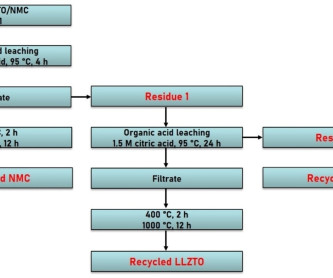

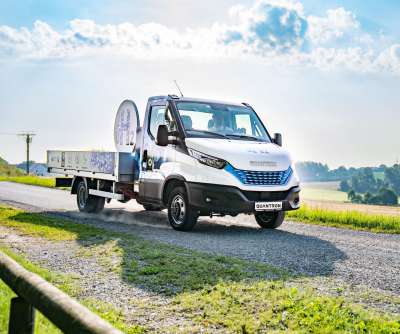
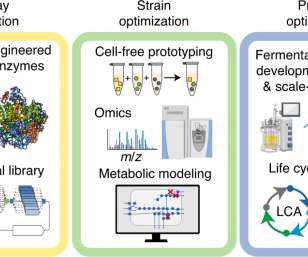
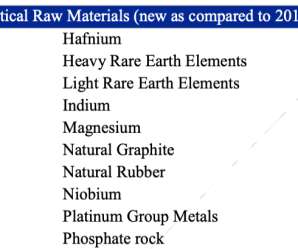






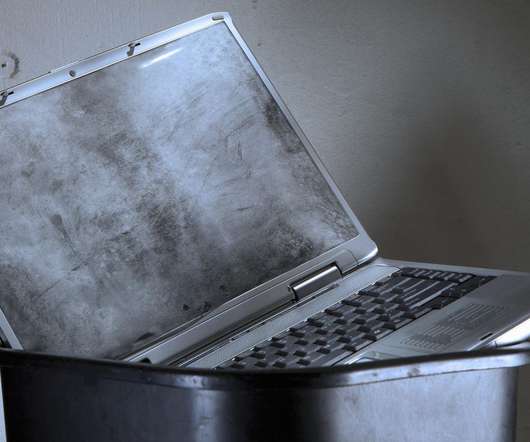


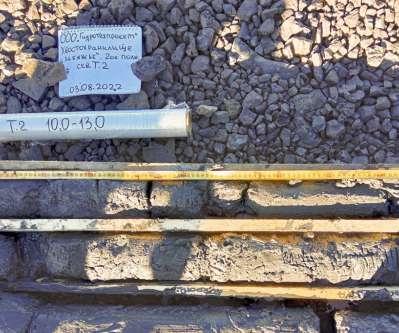







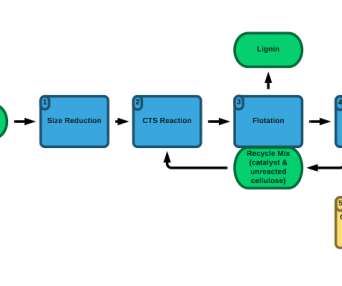

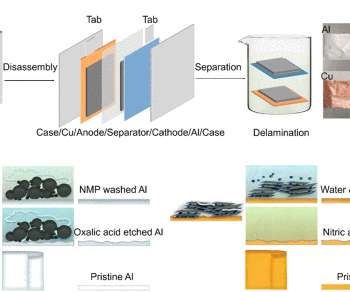

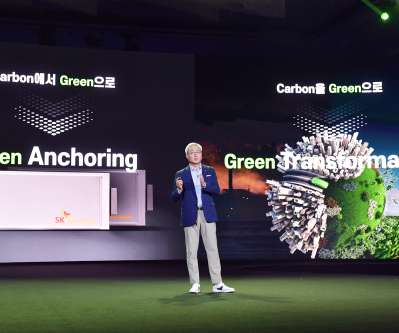
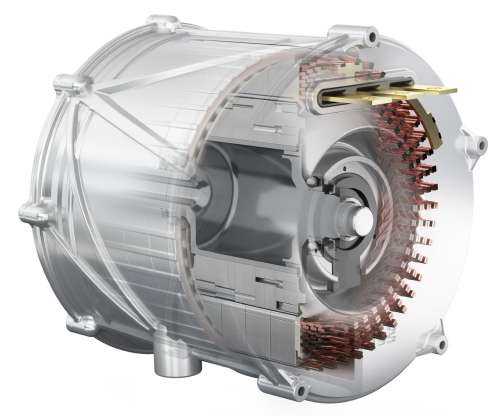
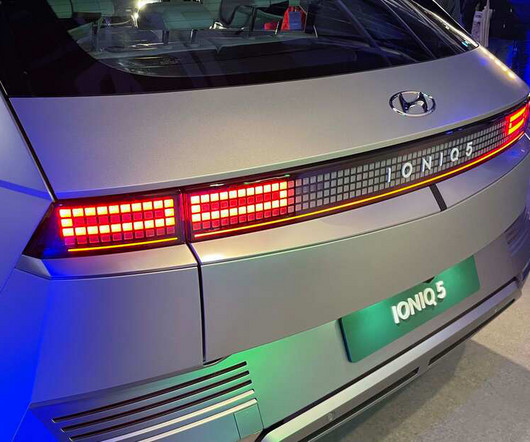



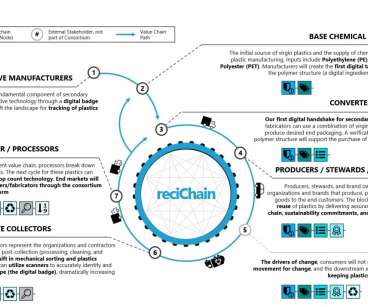










Let's personalize your content